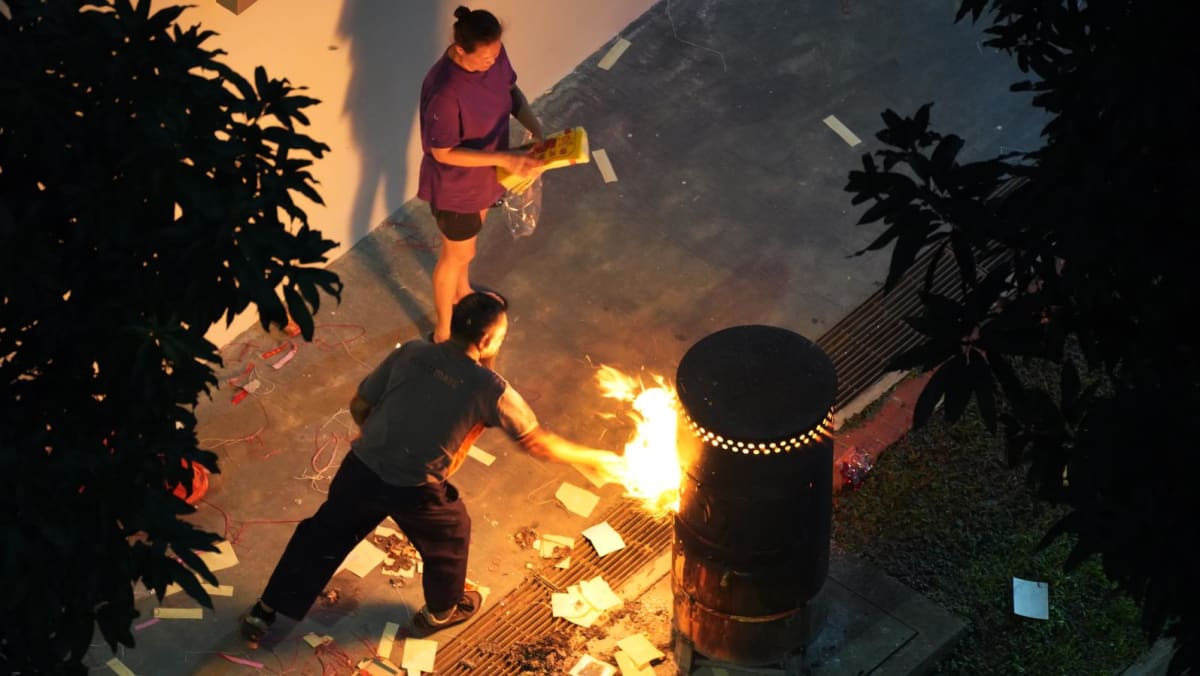NOT JUST ABOUT THE SMELL
Singapore’s approach so far is one of moderation and pragmatism. We cannot eliminate burning completely, but we cannot simply ignore the issue year after year.
To be fair, there have been fewer complaints over joss paper burning. During the Chinese New Year period this year, town councils and government agencies logged 567 complaints, down from 761 cases during the same period in 2023, marking an all-time low.
This decrease in complaints suggests progress and effective advocacy on the part of the AfA, but as Singapore’s population grows, so does our population density. More and more people are living closer and closer together, meaning that the by-products (mostly the smoke) of joss paper burning affect a greater number of households at any one point of time.
The issue is not just about smell or discomfort. Studies in air pollution show that such smoke (religious or otherwise) is a growing concern in public health. In other words, it is not just about an inconvenient smell, but also a contributing factor to the health of the living.
Furthermore, as household wealth also increases, people are correspondingly tempted to purchase more and burn more. In our consumer society, there is no shortage of companies willing to satiate demand. One simply needs to walk into a supermarket now to buy as many paper offerings and a Fort Knox worth of “gold paper” to burn.
As an aside, we may also want to ask whether the quantity we burn is a reflection of the needs of our ancestors, or peer pressure from the living to “keeping up appearances”. Are our desires to ward off ill-fortune unduly influenced by a society driven to consuming more and more each year?

